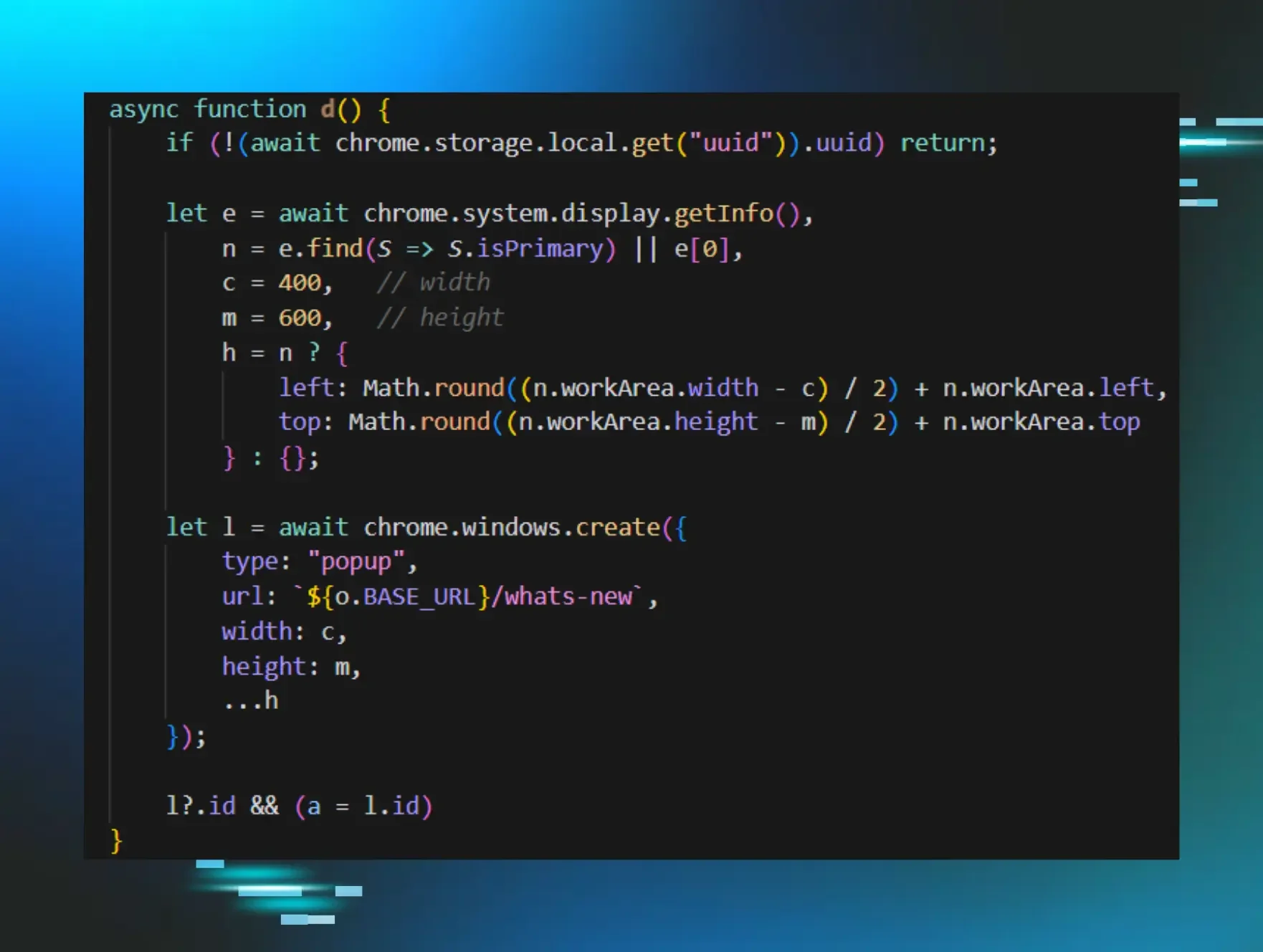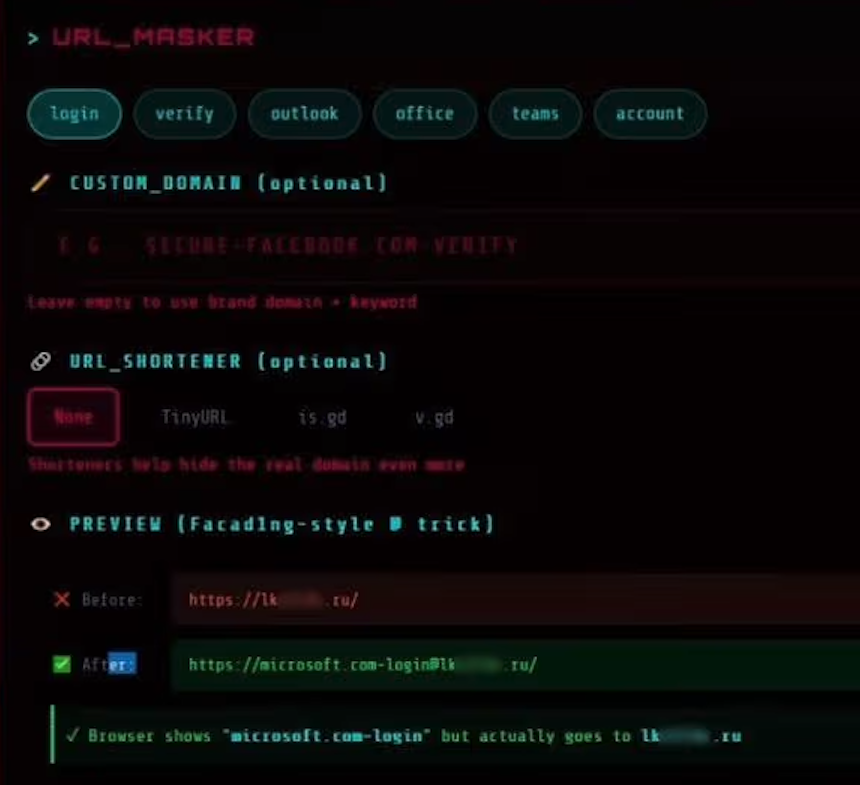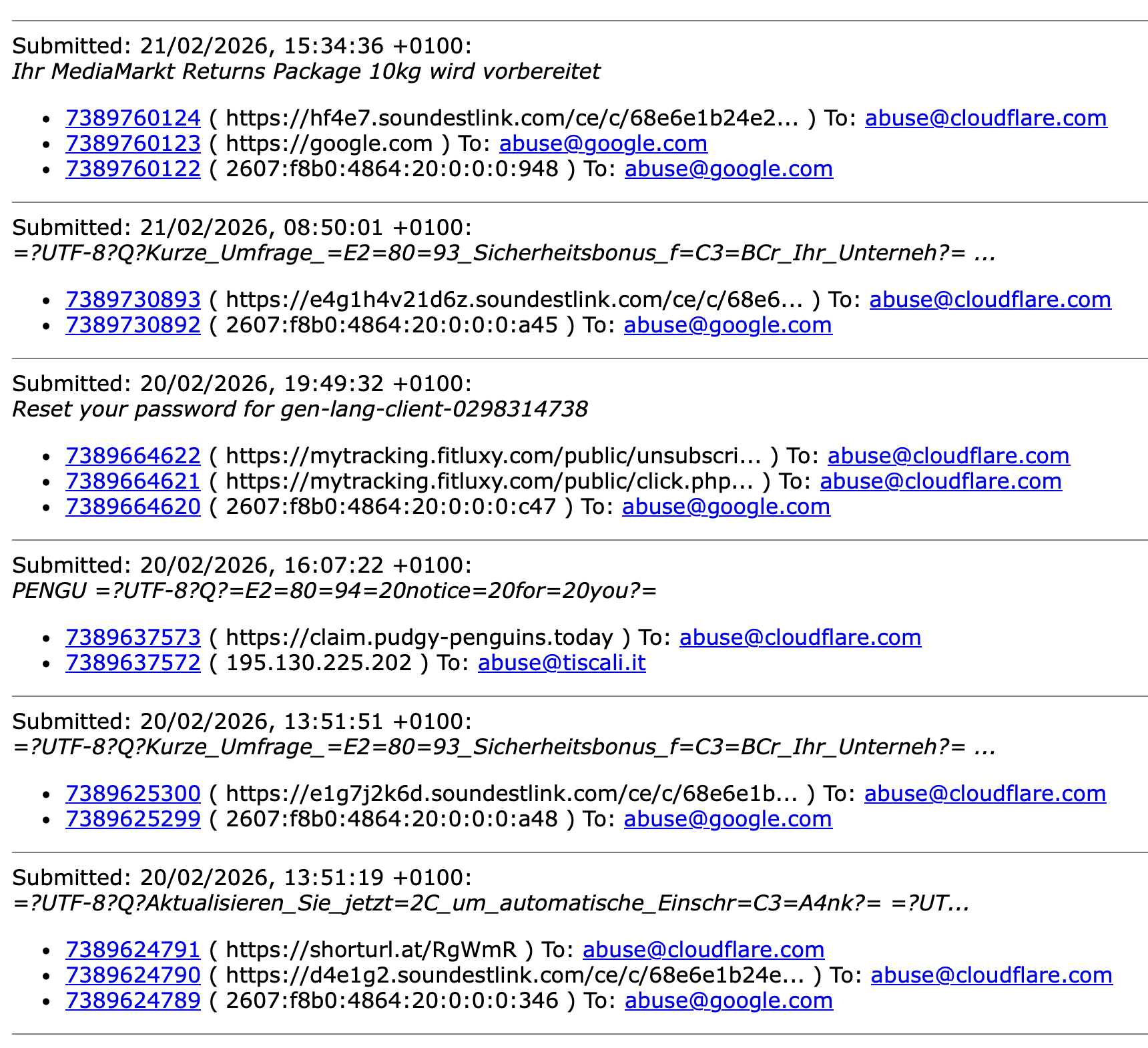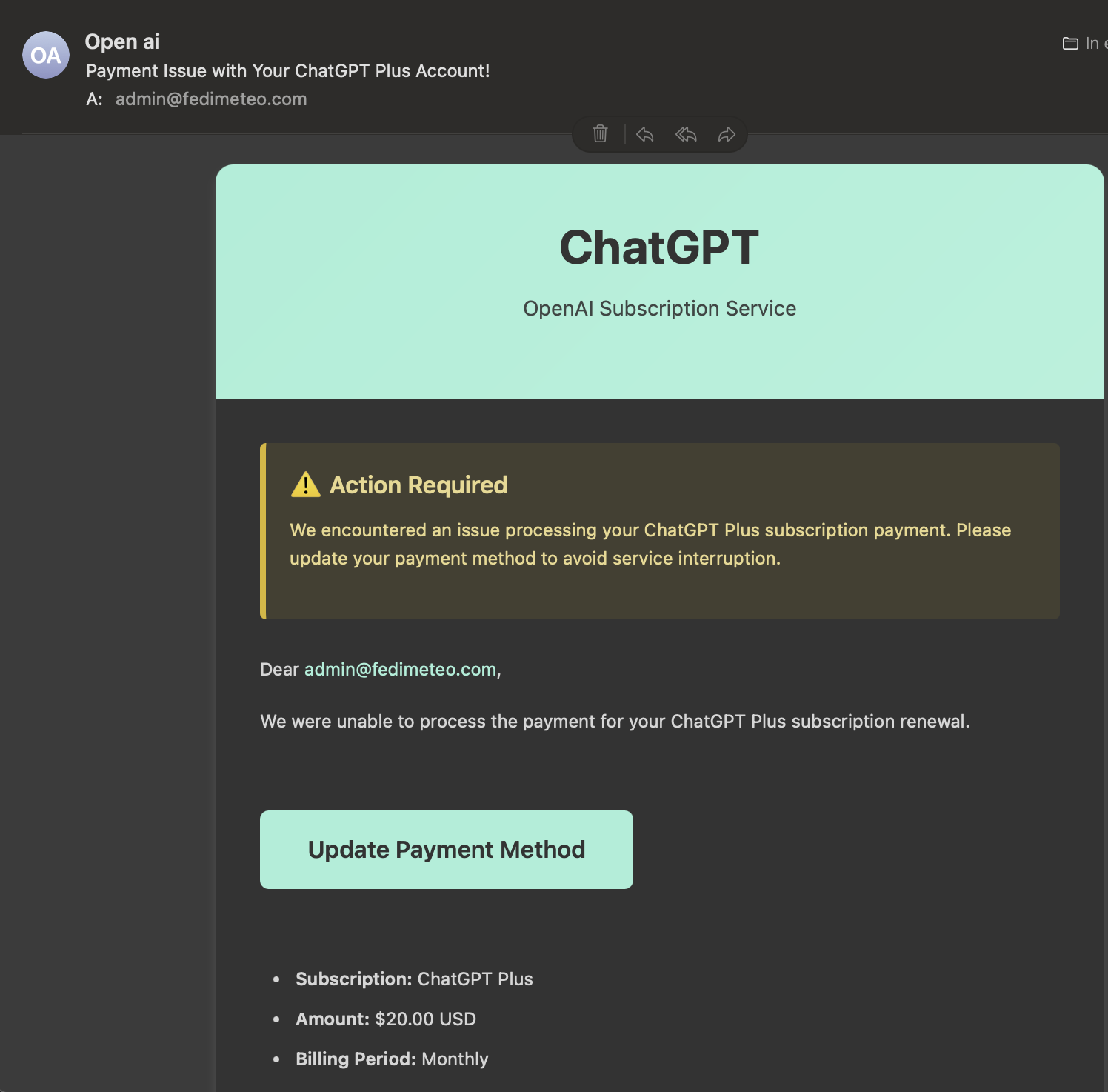"Germany's Federal Office for the Protection of the Constitution (aka Bundesamt für Verfassungsschutz or BfV) and Federal Office for Information Security (BSI) have issued a joint advisory warning of a malicious cyber campaign undertaken by a likely state-sponsored threat actor that involves carrying out phishing attacks over the Signal messaging app.
"The focus is on high-ranking targets in politics, the military, and diplomacy, as well as investigative journalists in Germany and Europe," the agencies said. "Unauthorized access to messenger accounts not only allows access to confidential private communications but also potentially compromises entire networks."
A noteworthy aspect of the campaign is that it does not involve the distribution of malware or the exploitation of any security vulnerability in the privacy-focused messaging platform. Rather, the end goal is to weaponize its legitimate features to obtain covert access to a victim's chats, along with their contact lists.
The attack chain is as follows: the threat actors masquerade as "Signal Support" or a support chatbot named "Signal Security ChatBot" to initiate direct contact with prospective targets, urging them to provide a PIN or verification code received via SMS, or risk facing data loss."
https://thehackernews.com/2026/02/german-agencies-warn-of-signal-phishing.html
#CyberSecurity #Germany #Signal #Phishing #Privacy #Spyware





